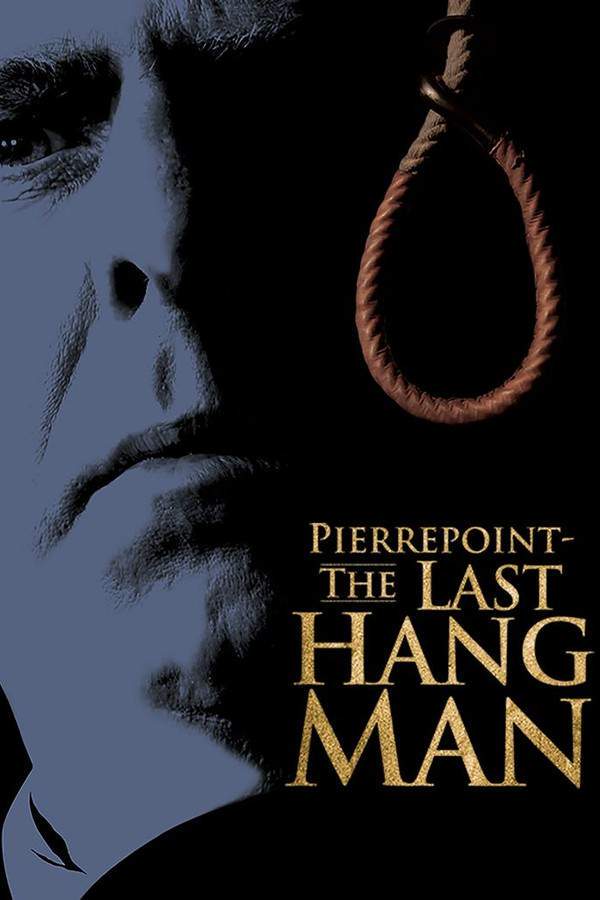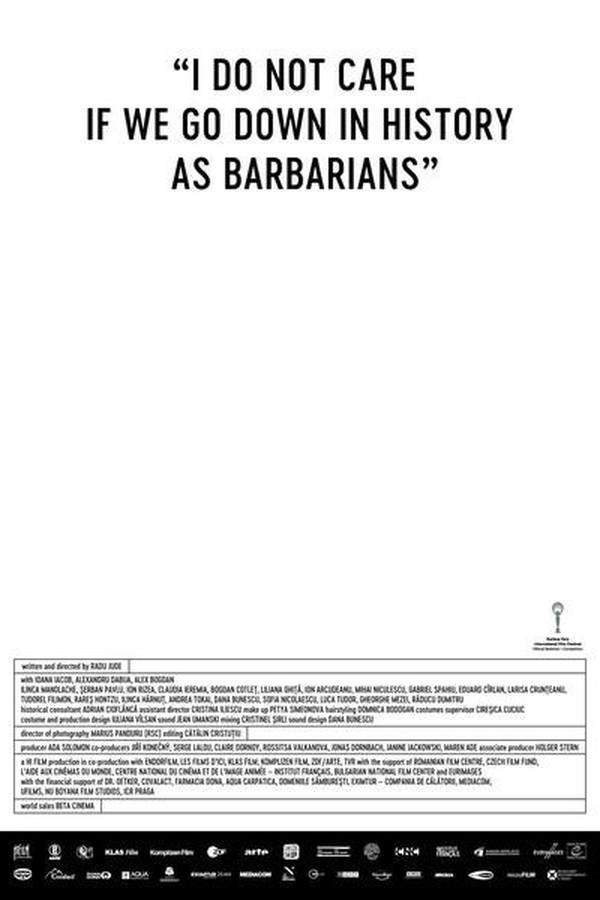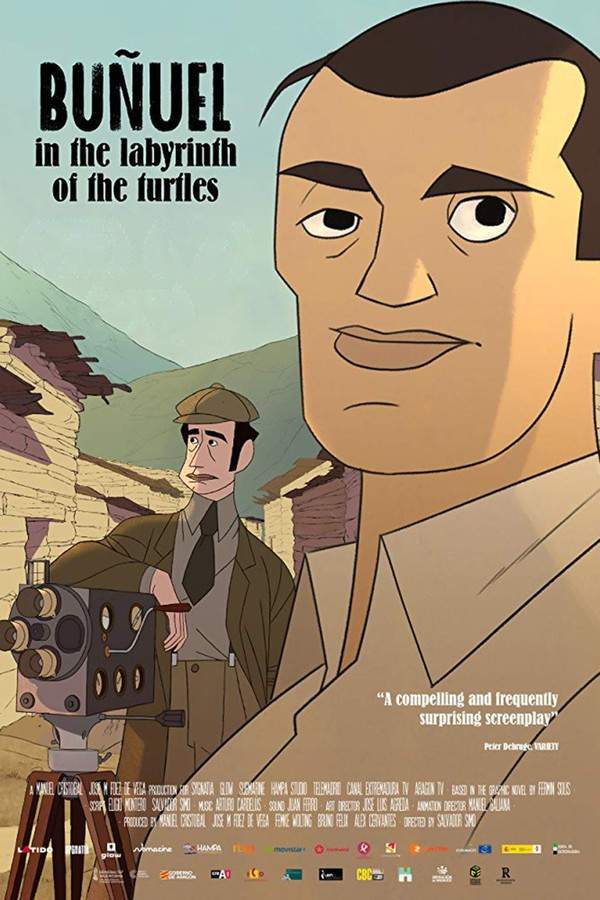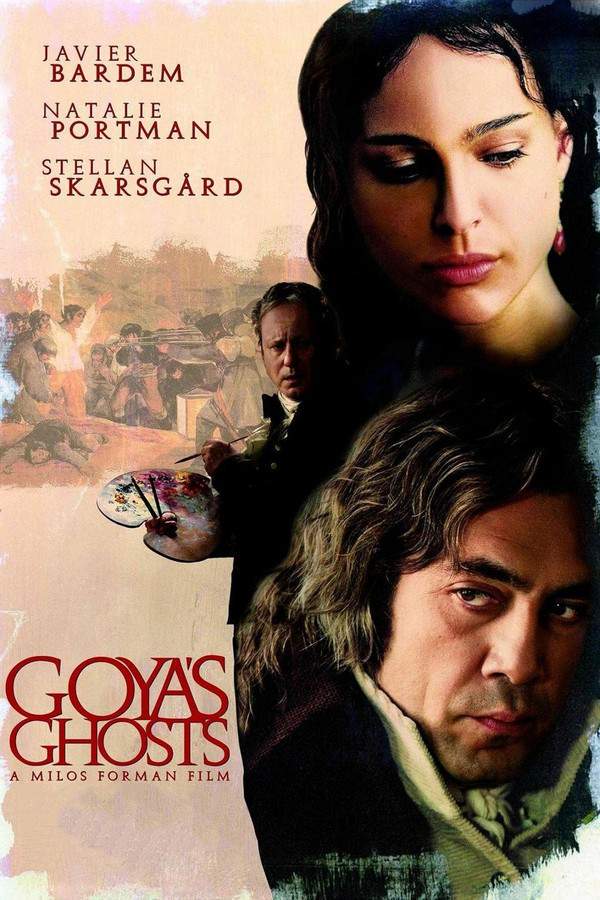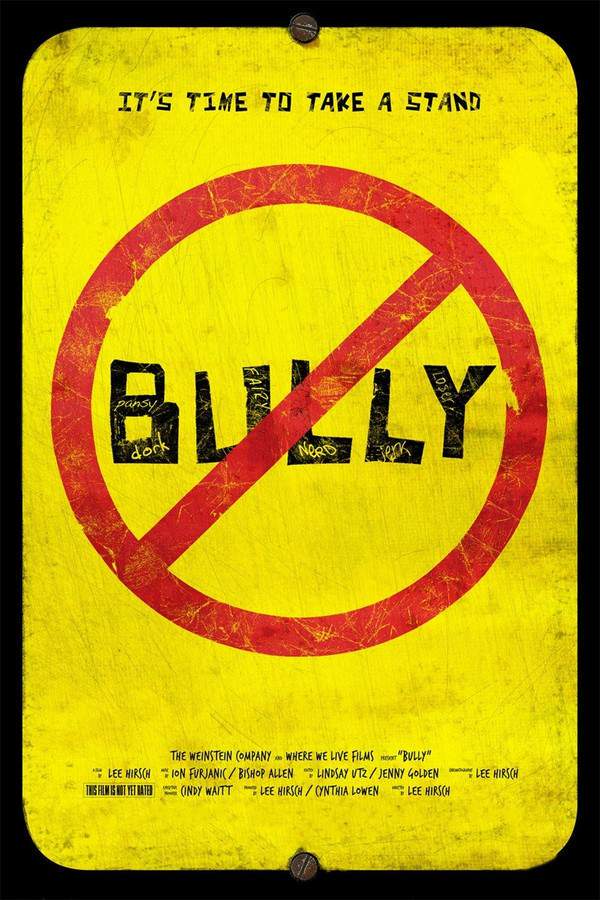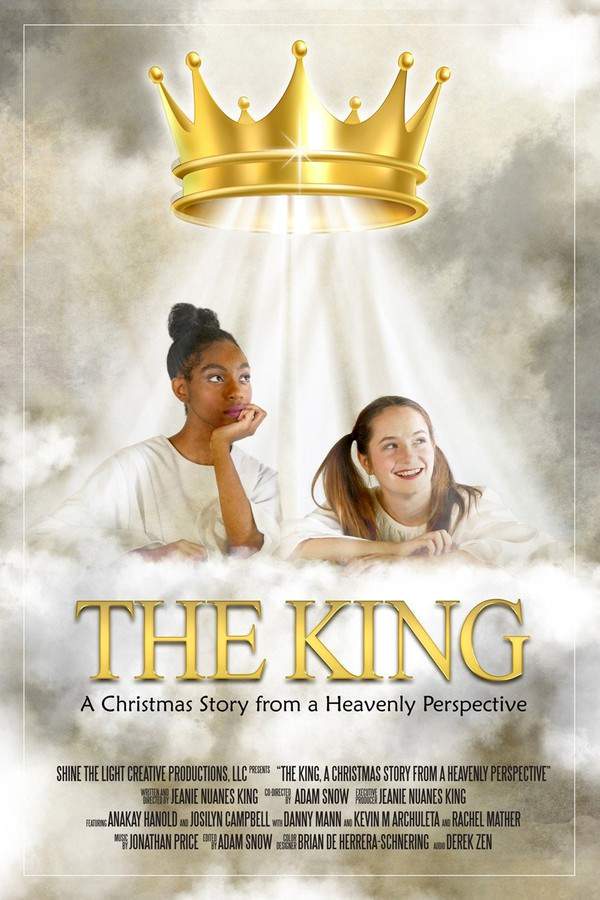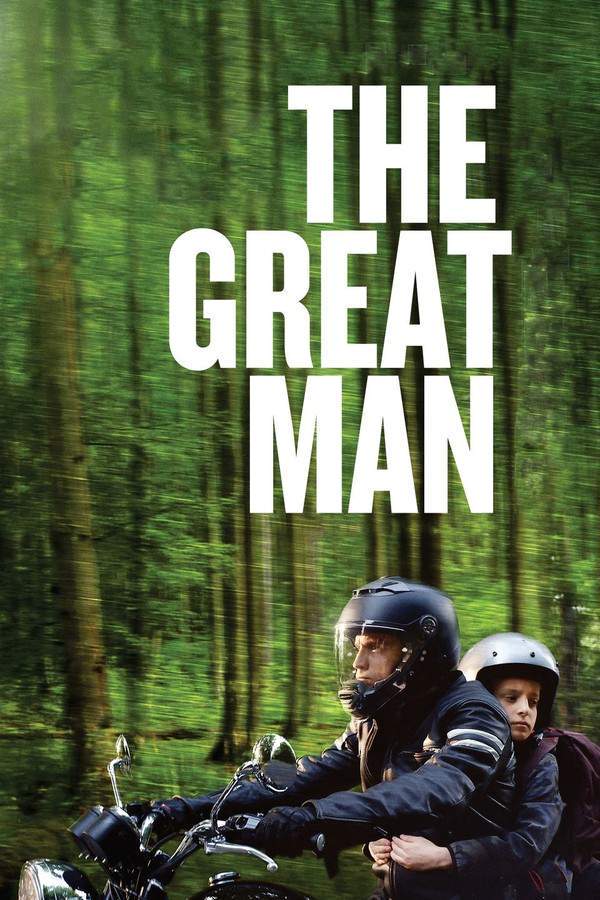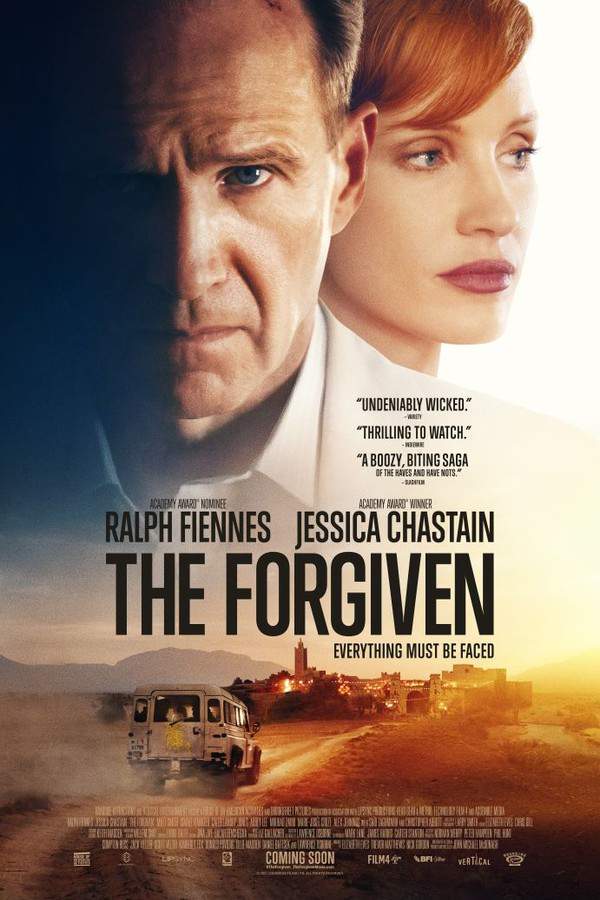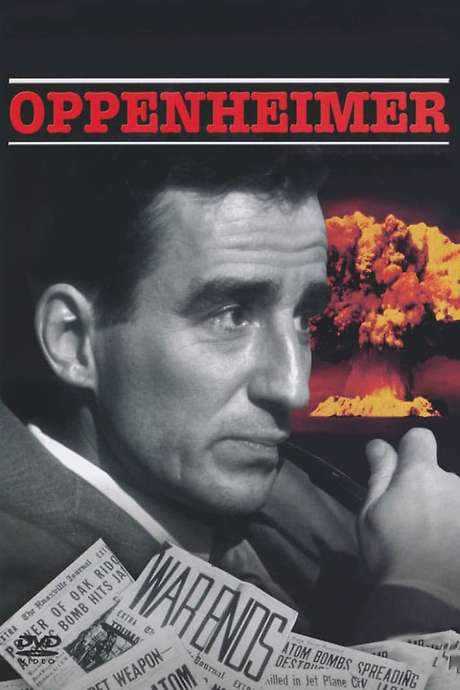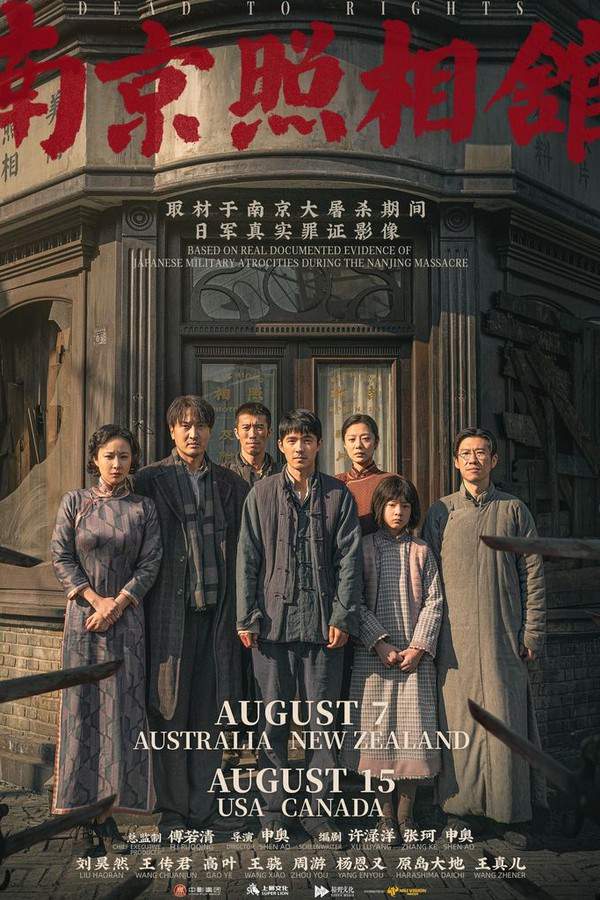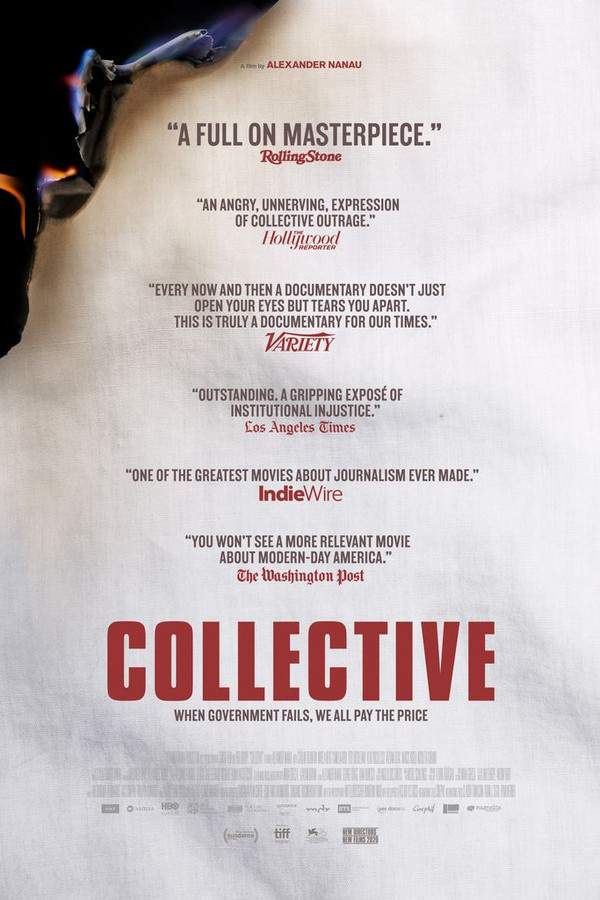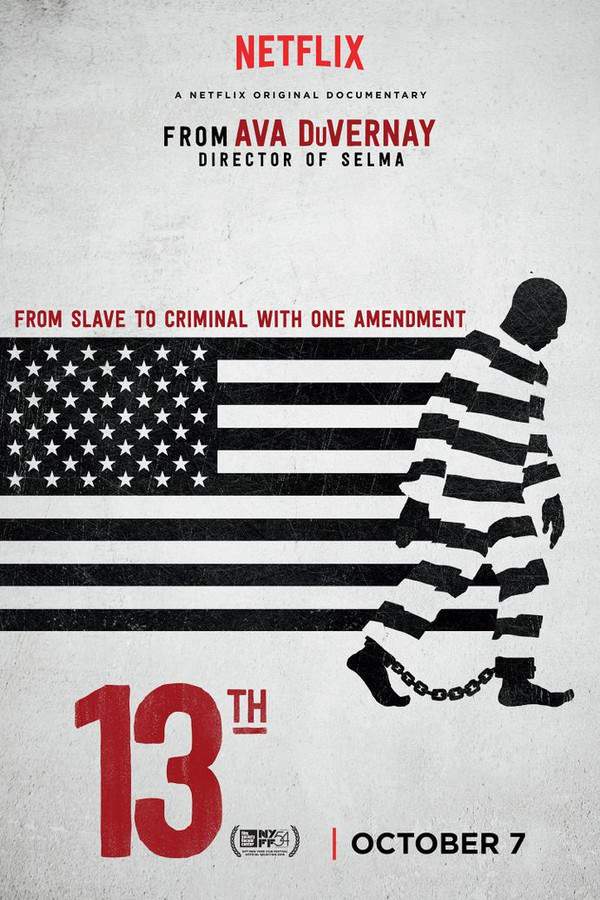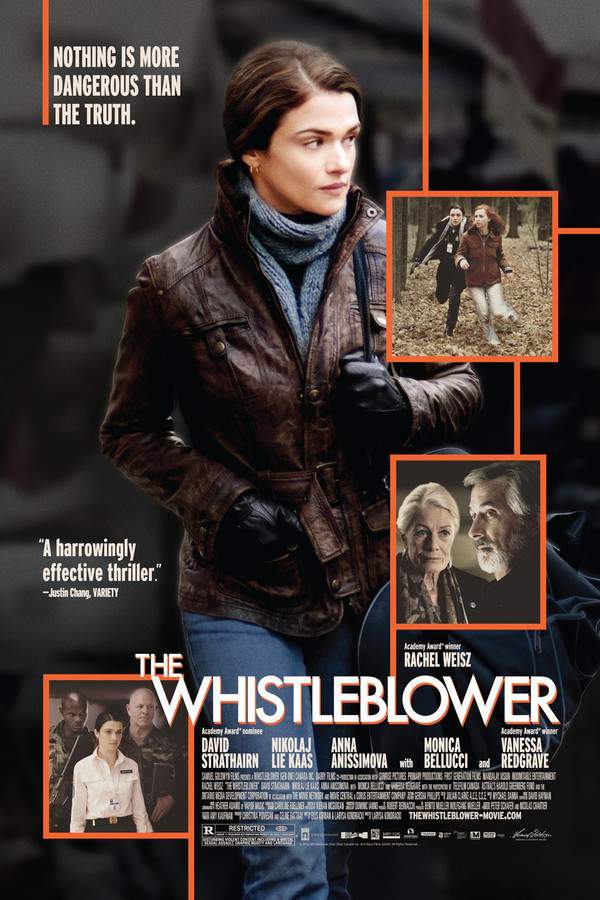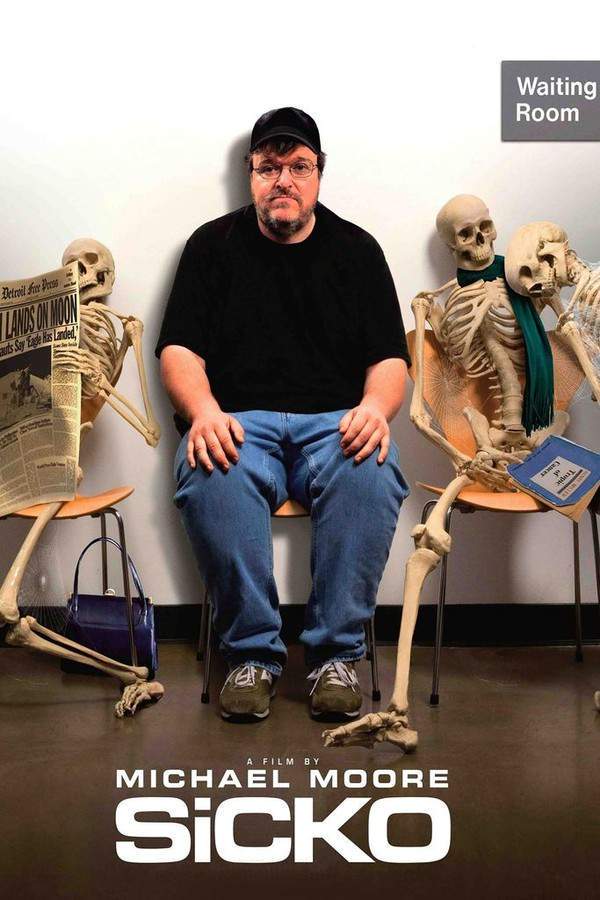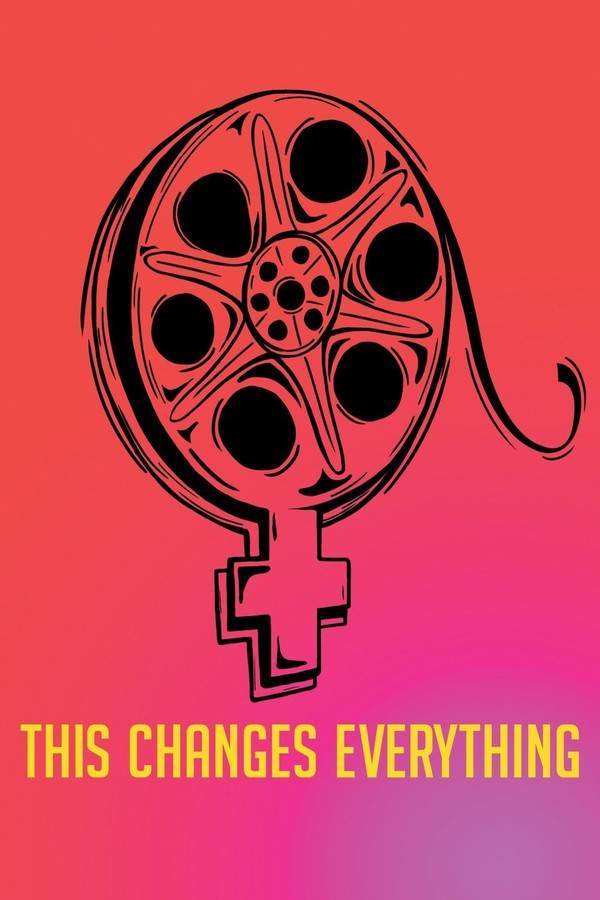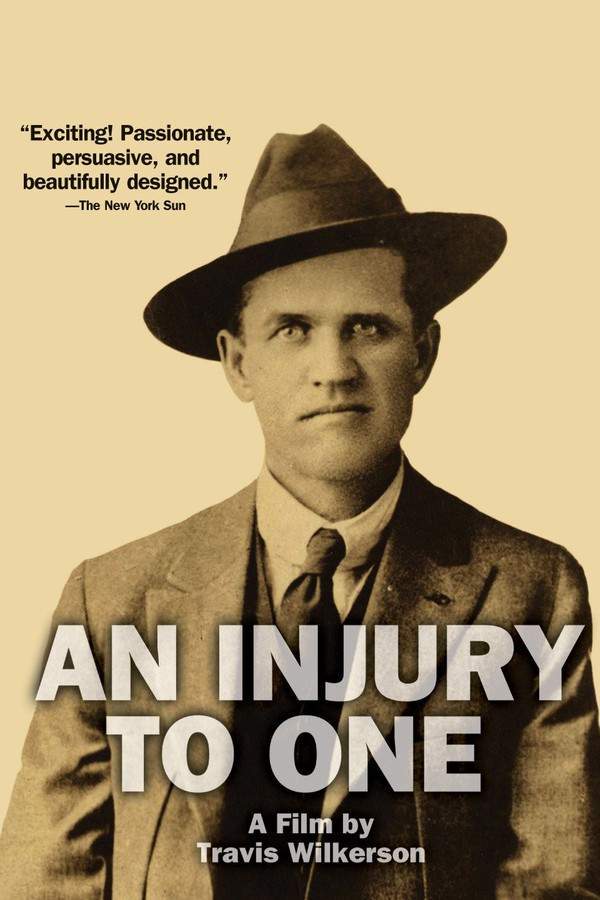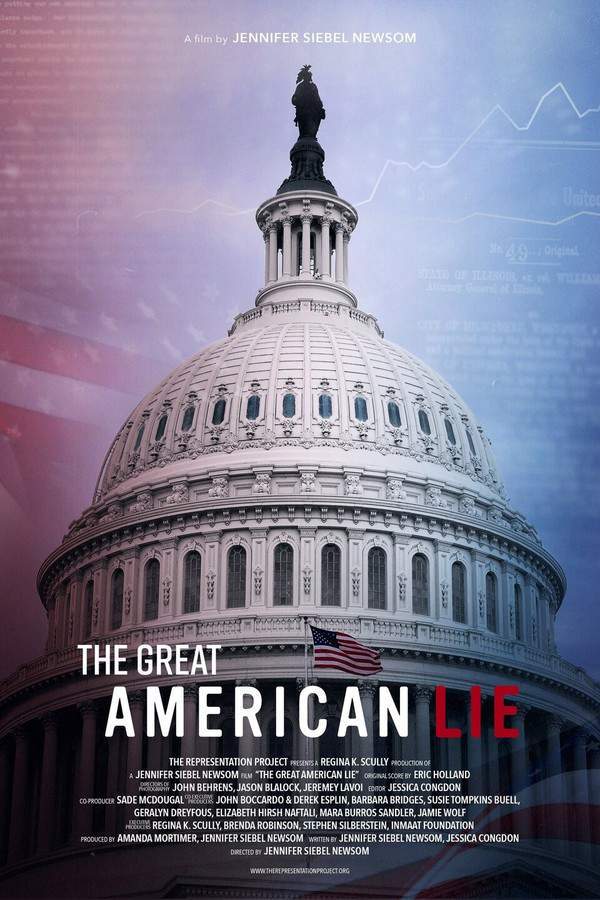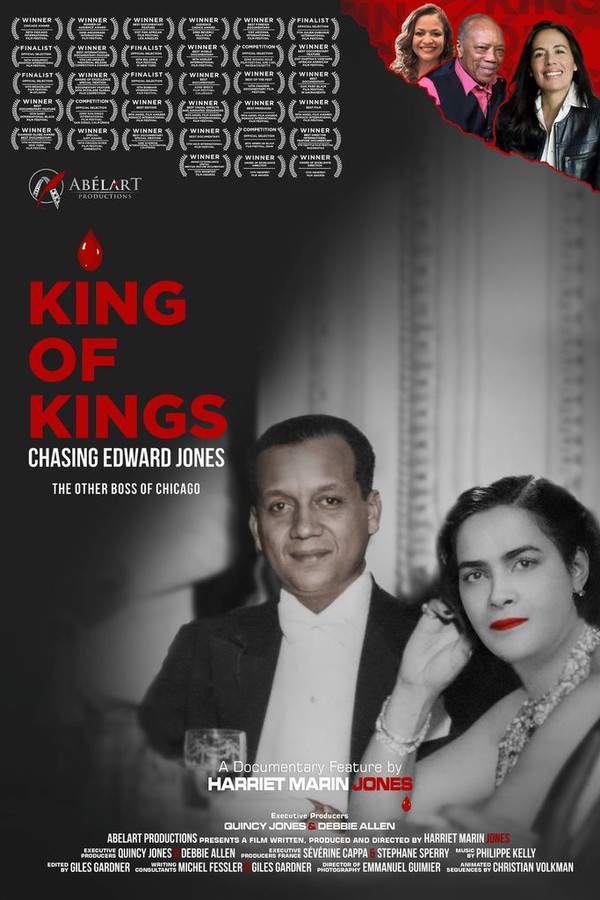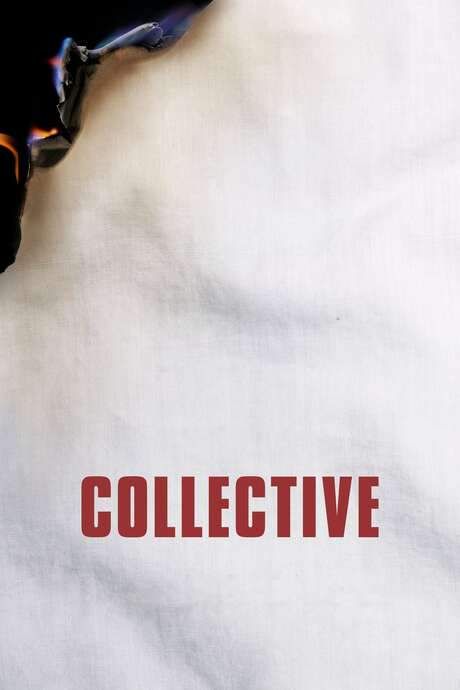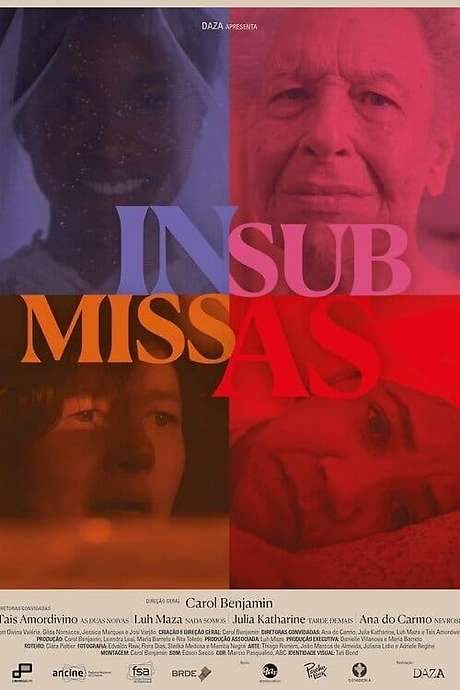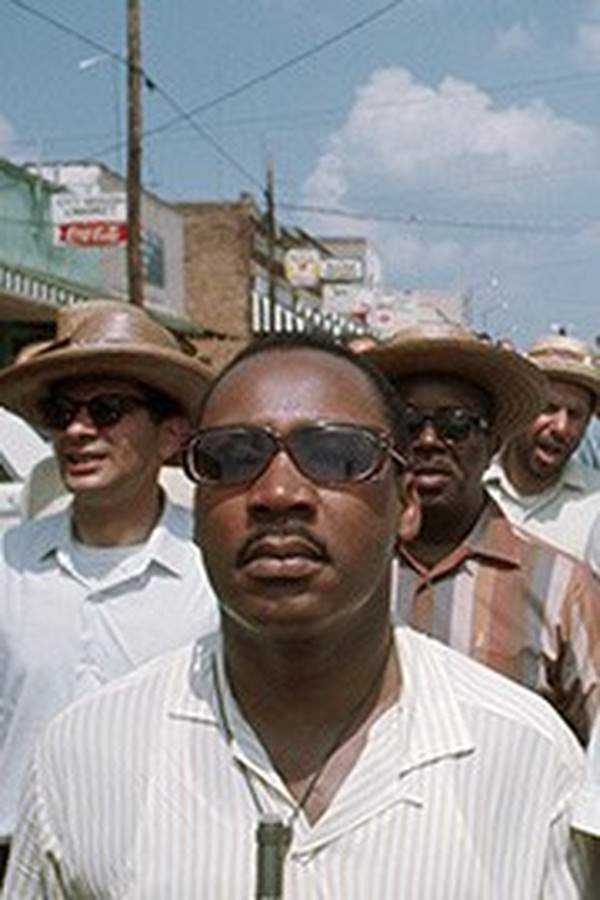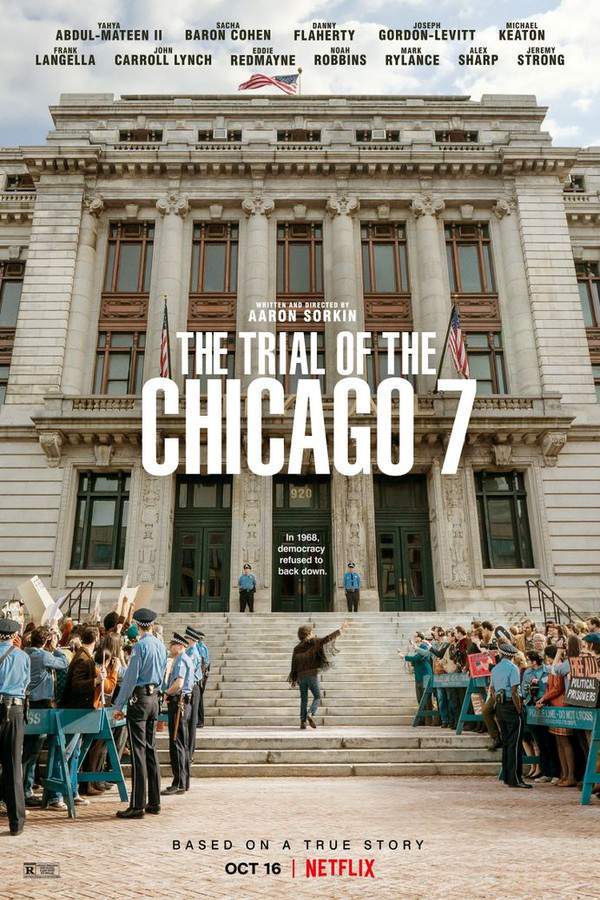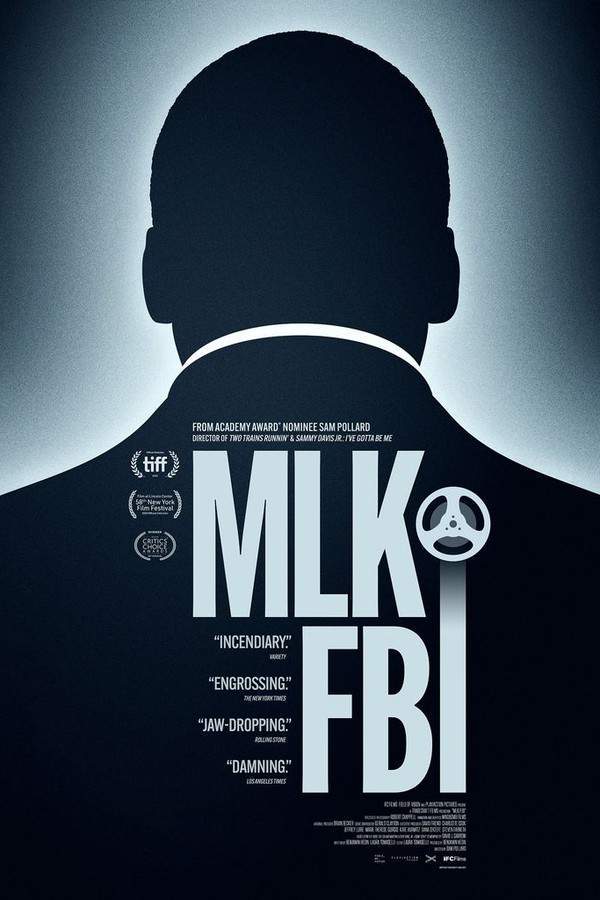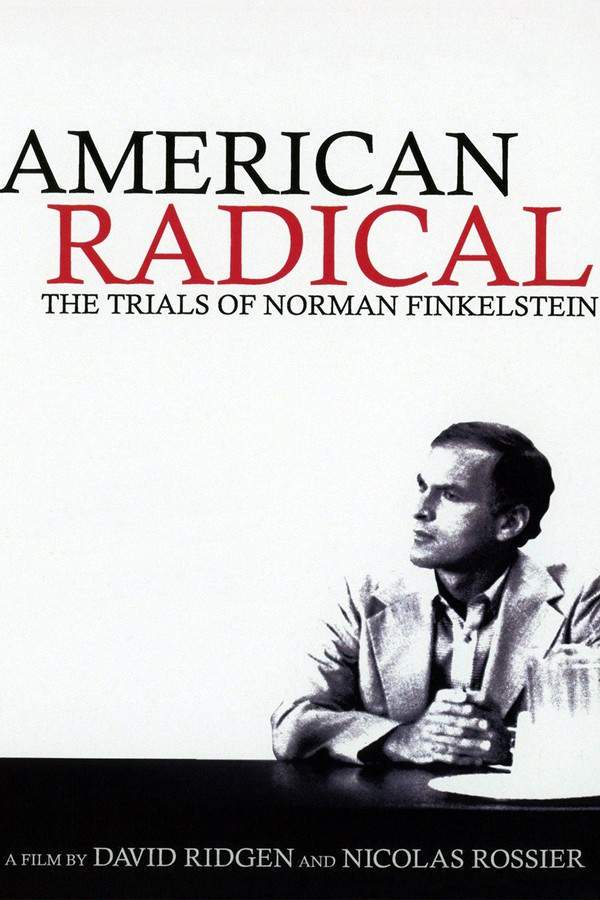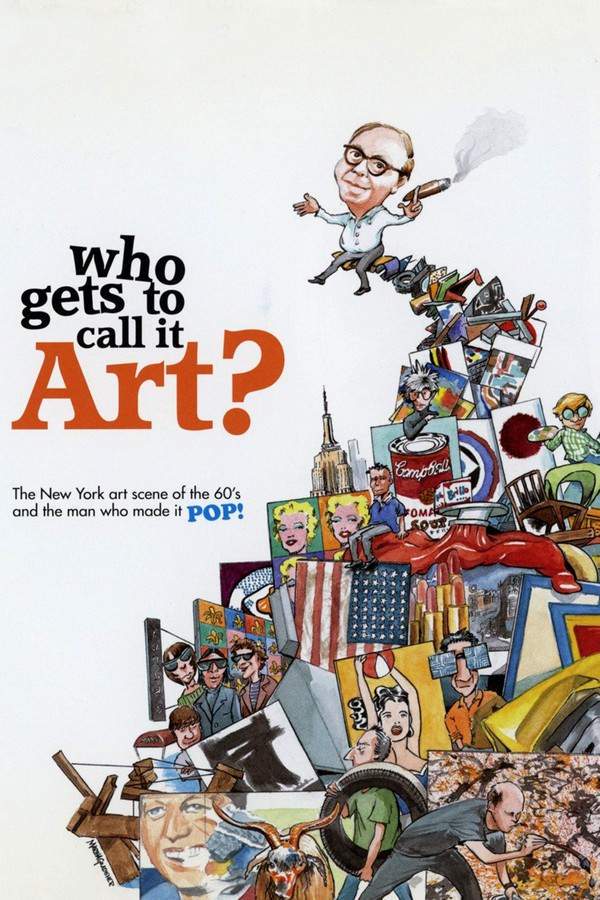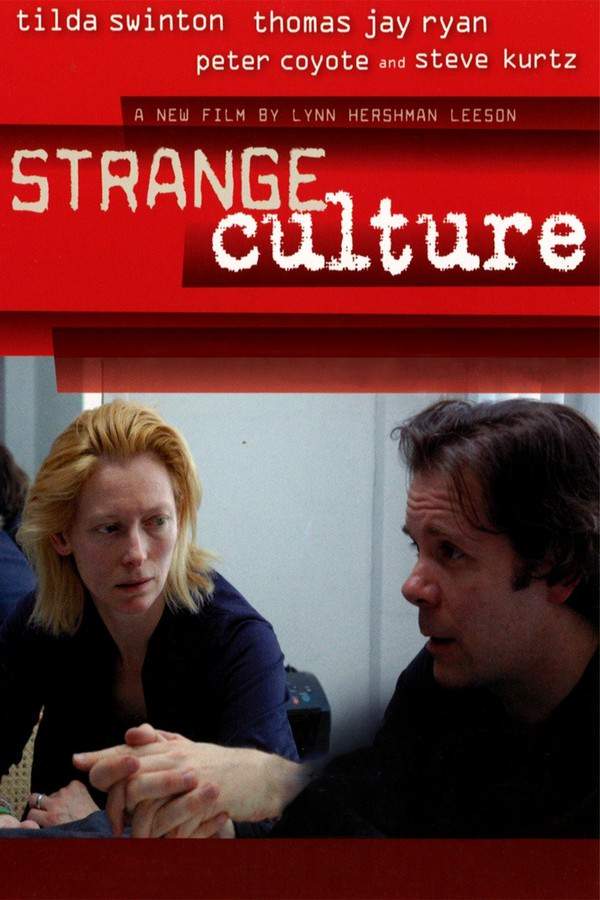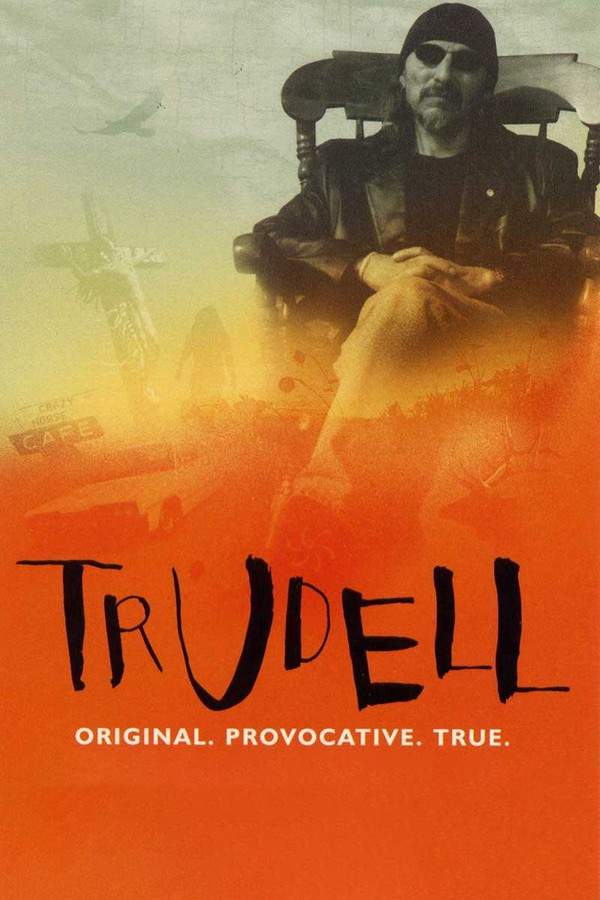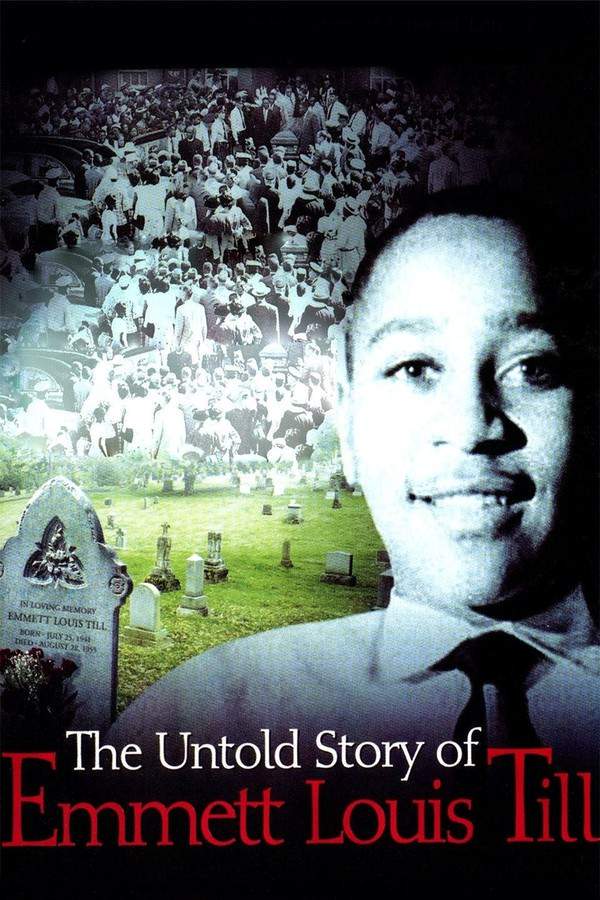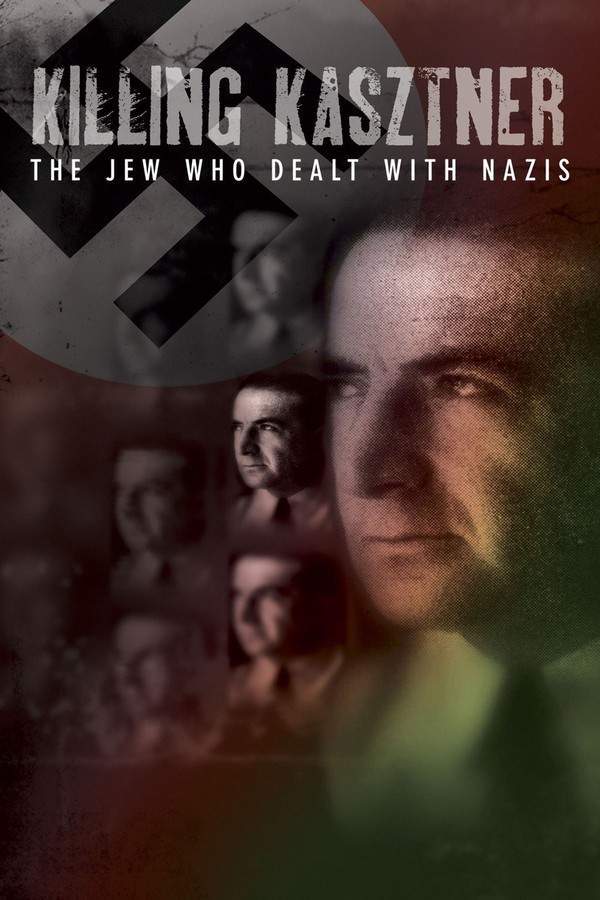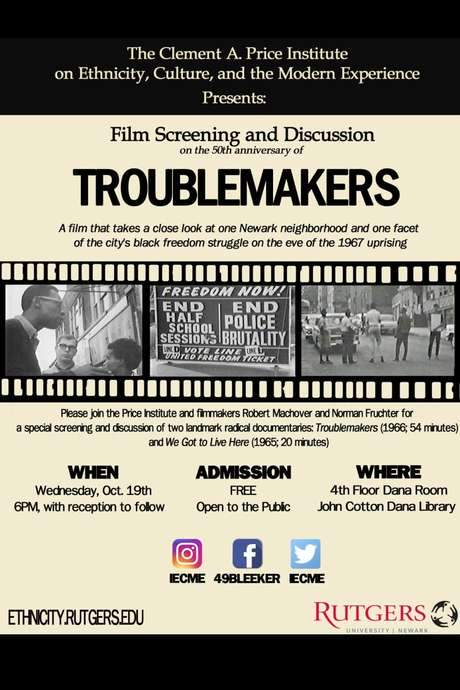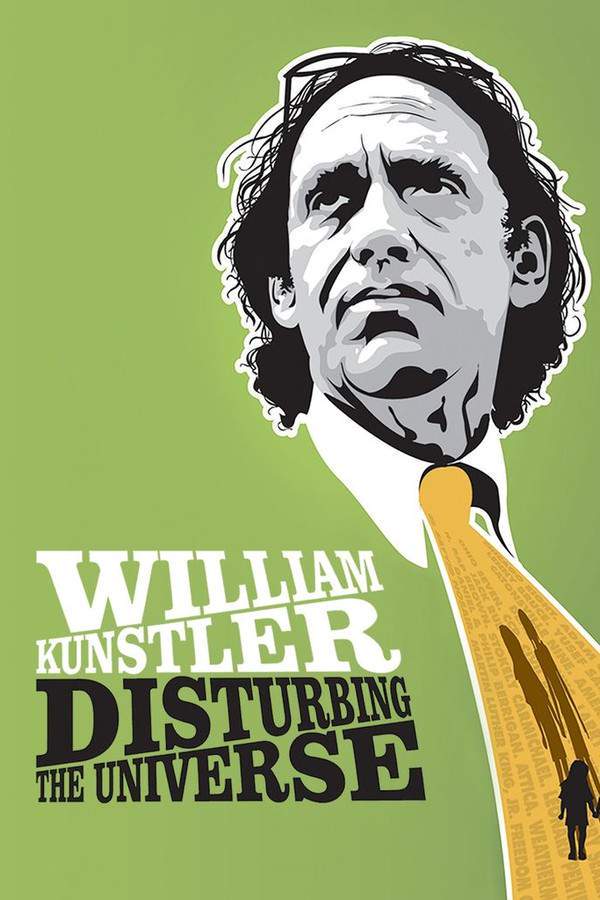
William Kunstler: Disturbing the Universe
Year: 2009
Runtime: 85 min
Language: English
Directors: Emily Kunstler, Sarah Kunstler
This film presents a revealing portrait of William Kunstler, as seen through the eyes of his daughters, Emily and Sarah Kunstler. The documentary explores the life of this controversial and passionate lawyer, known for his unwavering commitment to social justice. He worked closely with Martin Luther King Jr. and famously defended the "Chicago 8," challenging government policies and advocating for those marginalized by society. The film examines his career and the impact he had on the legal landscape.
Warning: spoilers below!
Haven’t seen William Kunstler: Disturbing the Universe yet? This summary contains major spoilers. Bookmark the page, watch the movie, and come back for the full breakdown. If you're ready, scroll on and relive the story!
Timeline – William Kunstler: Disturbing the Universe (2009)
Trace every key event in William Kunstler: Disturbing the Universe (2009) with our detailed, chronological timeline. Perfect for unpacking nonlinear stories, spotting hidden connections, and understanding how each scene builds toward the film’s climax. Whether you're revisiting or decoding for the first time, this timeline gives you the full picture.
Last Updated: October 25, 2024 at 11:34
Explore Movie Threads
Discover curated groups of movies connected by mood, themes, and story style. Browse collections built around emotion, atmosphere, and narrative focus to easily find films that match what you feel like watching right now.
Debated Legacies and Moral Contradictions like in William Kunstler: Disturbing the Universe
Intimate portraits of controversial figures that challenge our easy judgments.Movies like 'William Kunstler: Disturbing the Universe' that examine the difficult lives of controversial historical figures. If you liked this documentary's critical and personal look at a complex legacy, you'll find similar films here exploring figures whose impact is still debated.
Narrative Summary
These stories typically follow a biographical structure, often through the eyes of family, colleagues, or the subjects themselves. They build a case by presenting both achievements and failings, culminating in a reflective state where the definitive 'truth' about the person remains elusive and open to interpretation.
Why These Movies?
These films are grouped by their shared goal of critically examining a life without offering simple answers. They share a heavy emotional weight, a dark or bittersweet tone, and a focus on the gray areas of morality and activism that prevent a neat, satisfying conclusion.
Heavy-Hitting Social Justice Documentaries like William Kunstler: Disturbing the Universe
Gripping investigative journeys into the flaws of powerful institutions.If you were moved by the critical look at the legal system in 'William Kunstler: Disturbing the Universe', explore similar movies here. These films uncover injustices and challenge authority, sharing a dark tone, heavy emotional weight, and a focus on civil rights and activism.
Narrative Summary
The narrative pattern involves uncovering a deep-seated problem within a system, often through the journey of an activist, journalist, or lawyer. The story methodically presents evidence and personal testimony, building a case against the institution in question. The ending is often sobering, highlighting the ongoing nature of the struggle rather than a tidy resolution.
Why These Movies?
They are united by a shared purpose: to critically interrogate power and document the fight for justice. They create a similar viewing experience marked by a dark tone, high intensity due to high-stakes subject matter, and a heavy emotional weight that comes from confronting difficult truths.
Unlock the Full Story of William Kunstler: Disturbing the Universe
Don't stop at just watching — explore William Kunstler: Disturbing the Universe in full detail. From the complete plot summary and scene-by-scene timeline to character breakdowns, thematic analysis, and a deep dive into the ending — every page helps you truly understand what William Kunstler: Disturbing the Universe is all about. Plus, discover what's next after the movie.
William Kunstler: Disturbing the Universe Summary
Read a complete plot summary of William Kunstler: Disturbing the Universe, including all key story points, character arcs, and turning points. This in-depth recap is ideal for understanding the narrative structure or reviewing what happened in the movie.

Characters, Settings & Themes in William Kunstler: Disturbing the Universe
Discover the characters, locations, and core themes that shape William Kunstler: Disturbing the Universe. Get insights into symbolic elements, setting significance, and deeper narrative meaning — ideal for thematic analysis and movie breakdowns.

William Kunstler: Disturbing the Universe Spoiler-Free Summary
Get a quick, spoiler-free overview of William Kunstler: Disturbing the Universe that covers the main plot points and key details without revealing any major twists or spoilers. Perfect for those who want to know what to expect before diving in.

More About William Kunstler: Disturbing the Universe
Visit What's After the Movie to explore more about William Kunstler: Disturbing the Universe: box office results, cast and crew info, production details, post-credit scenes, and external links — all in one place for movie fans and researchers.

Similar Movies to William Kunstler: Disturbing the Universe
Discover movies like William Kunstler: Disturbing the Universe that share similar genres, themes, and storytelling elements. Whether you’re drawn to the atmosphere, character arcs, or plot structure, these curated recommendations will help you explore more films you’ll love.
Explore More About Movie William Kunstler: Disturbing the Universe
William Kunstler: Disturbing the Universe (2009) Plot Summary & Movie Recap
William Kunstler: Disturbing the Universe (2009) Scene-by-Scene Movie Timeline
William Kunstler: Disturbing the Universe (2009) Spoiler-Free Summary & Key Flow
Movies Like William Kunstler: Disturbing the Universe – Similar Titles You’ll Enjoy
King in the Wilderness (2018) Detailed Story Recap
The Trial of the Chicago 7 (2020) Movie Recap & Themes
MLK/FBI (2021) Movie Recap & Themes
American Radical: The Trials of Norman Finkelstein (2010) Full Summary & Key Details
Who Gets to Call It Art? (2006) Complete Plot Breakdown
Strange Culture (2007) Movie Recap & Themes
Trudell (2006) Spoiler-Packed Plot Recap
The Untold Story of Emmett Louis Till (2005) Detailed Story Recap
Killing Kasztner (2009) Plot Summary & Ending Explained
I Am MLK Jr. (2018) Spoiler-Packed Plot Recap
Citizen King (2004) Film Overview & Timeline
Warrior: The Life of Leonard Peltier (1991) Plot Summary & Ending Explained
In the King of Prussia (1983) Spoiler-Packed Plot Recap
In the King of Prussia (1983) Spoiler-Packed Plot Recap
Troublemakers (1966) Plot Summary & Ending Explained


